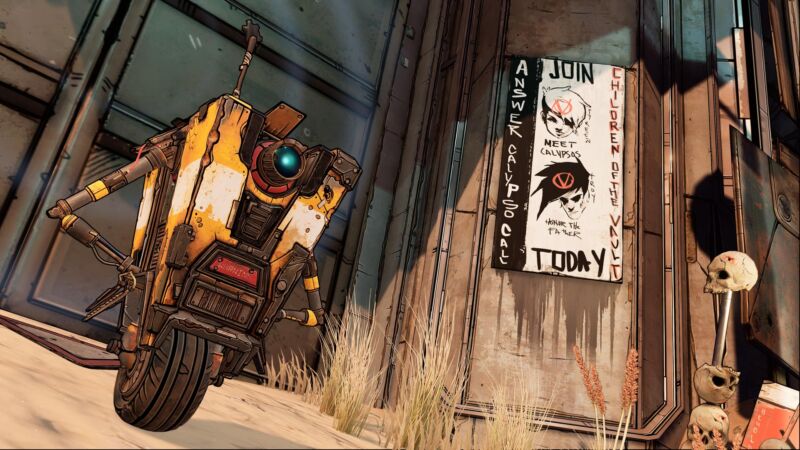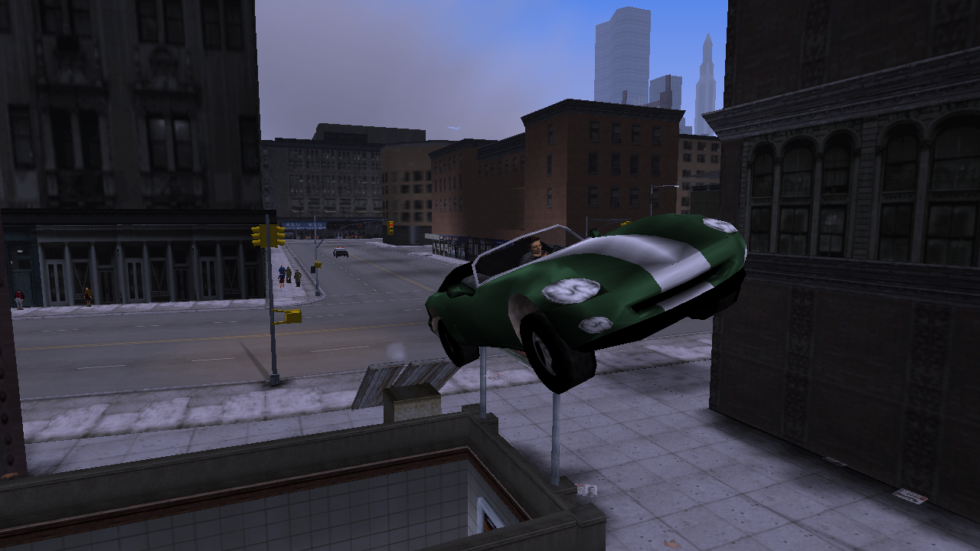-
 chevron_right
chevron_right
Embracer Group lets go of Borderlands maker for $460M after three years
news.movim.eu / ArsTechnica · Thursday, 28 March - 13:39 · 1 minute

Enlarge / Claptrap keeps finding himself in wild new places. Now he's heading from Sweden's Embracer Group to New York City's Take-Two Interactive. Okay, maybe not that wild. (credit: Gearbox Interactive)
Embracer Group has been backing away from its all-encompassing position in the games industry lately. The latest divestment is Gearbox Entertainment, the studio behind the Borderlands series it bought in early 2021 for a deal that could have been worth up to $1.37 billion to Gearbox had it stayed inside the Swedish conglomerate's grasp.
The buyer is Take-Two Interactive Software , which had previously partnered with Gearbox on publishing Borderlands and other titles. Take-Two will issue new shares of its common stock to pay $460 million for Gearbox, to be completed before the end of June this year. Embracer paid $363 million in cash and stock for Gearbox in 2021 but promised up to $1 billion more should the developer hit earnings goals over six years.
"Today’s announcement marks the result of the final structured divestment process and is an important step in transforming Embracer into the future with notably lower net debt and improved free cash flow," said Embracer CEO Lars Wingefors in a statement intended to start nobody's imagination running.

